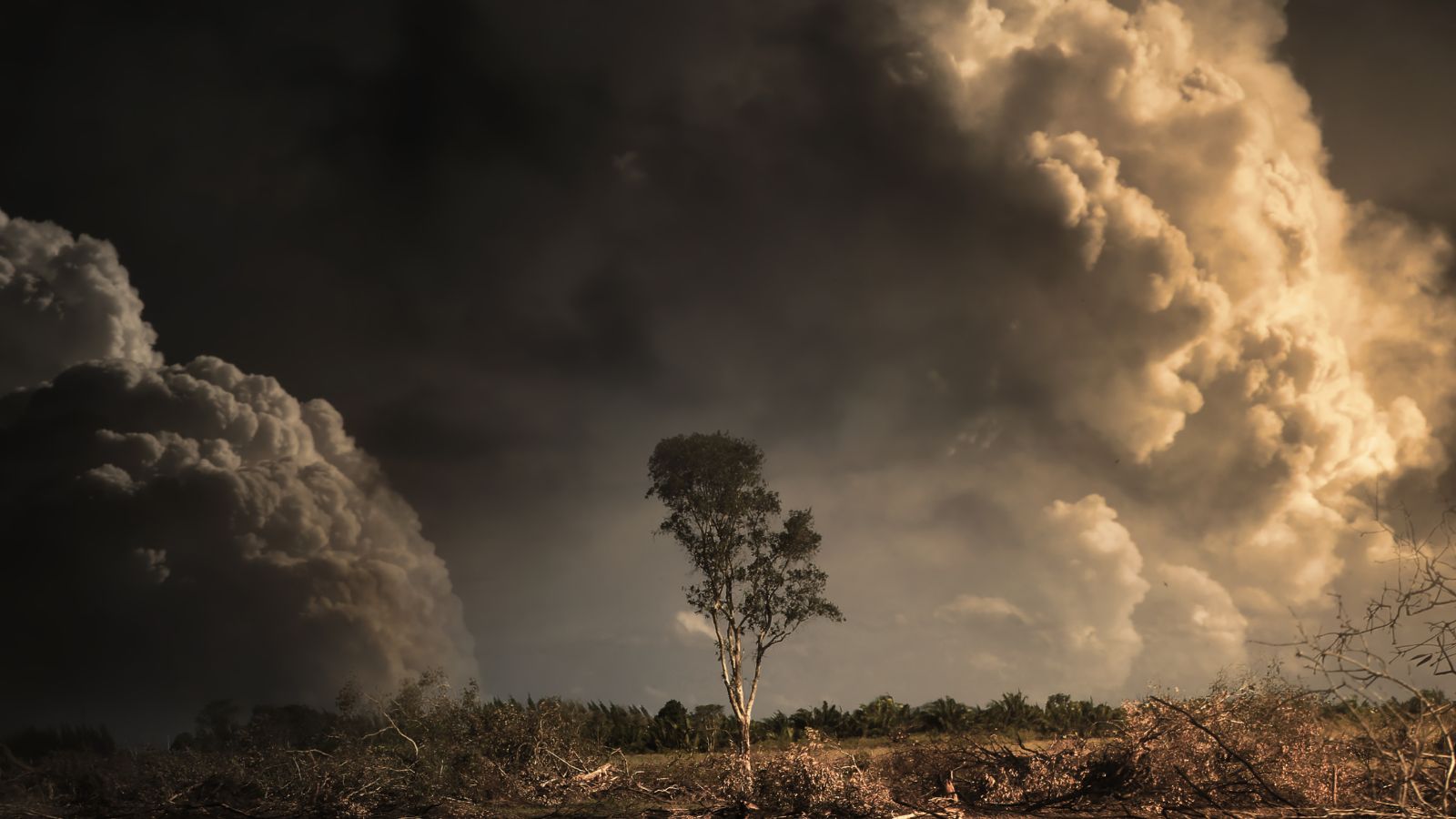14 June, 2023
The European Respiratory Society (ERS) and the International Society for Environmental Epidemiology (ISEE) have called for urgent action to restrict the health impact of climate change, in the wake of the Canada wildfires which left more than 30 million people in North America facing unprecedented exposure to record levels of air pollution.
Immediate climate change mitigation action to restrict the global mean temperature rise to 2.0°C or 1.5°C above pre-industrial levels could in turn prevent 60% or 80% of the projected increase in wildfire exposure and save lives worldwide from the devastating impact of wildfires.
ERS and ISEE also reiterated their call for ambitious health-based air pollution policies, aligned with World Health Organization (WHO) 2021 Air Quality Guidelines, policies which would also reduce the direct health burden from air pollution and indirect health impact from climate change.
While the health effects of wildfire smoke are less studied, epidemiological studies showed that exposure to wildfire particulate matter increased the risk of all-cause, cardiovascular, and respiratory mortality.
Among the key facts and figures outlined in a statement by ERS and ISEE are:
- Air pollution is the fourth leading risk factor for premature mortality, after hypertension, tobacco smoking and poor diet
- Wildfire smoke is a complex mixture of particulate matter and gaseous pollutants that can travel thousands of miles
- Exposure to wildfire smoke may impair lung function and increase the risk for related respiratory events such as hospitalisations, emergency department visits, physician visits, and medication use for asthma, chronic obstructive pulmonary disease and respiratory infection
- A growing number of studies indicate that wildfire smoke exposure may also increase the risk of adverse birth outcomes
- Certain populations may be at greater risk of experiencing a health effect due to wildfire smoke, such as people with pre-existing asthma and other respiratory or cardiovascular diseases, children, pregnant women, older adults, people of low socio-economic status, and outdoor workers
- Canada’s current unprecedented wildfire season has burned nearly 10 million acres of forest and displaced more than 20,000 people from their homes
- While it is still too soon to grasp and estimate the full health effects of the current wildfires in Canada on the populations in Canada and USA, the scale of this underlines the close and delicate link between climate change, air pollution and health, which demands urgent joint actions and solutions
The Canada/USA air pollution episode also comes as the ongoing Bonn Climate Change Conference (SB58) aims to prepare decisions for adoption at COP28 in the United Arab Emirates in December, and with the impending EU parliamentary vote on air quality directives.
ERS President, Carlos Robalo Cordeiro, who had family in New York during the recent air pollution episode, said: “Like billions of people around the world, I have watched in horror during the last week as the forest fires in Canada and their disastrous health impacts have unfolded.
“Air pollution levels in North America reached unprecedented levels in some of the world’s most densely populated cities. As apocalyptic pictures of New York’s skyline engulfed in thick smog make headlines around the world, it is clear that the time for action is now.
“Around 97 percent of Europeans are exposed to harmful levels of air pollution and the health impact seen as a result of the terrible forest fires in North America further underlines the importance of immediate and decisive climate change mitigation action, and to implement ambitious health-based air pollution policies, aligned with the WHO’s 2021 Air Quality Guidelines, to reduce the related direct health burden from air pollution, and indirect health impact from climate change.”





